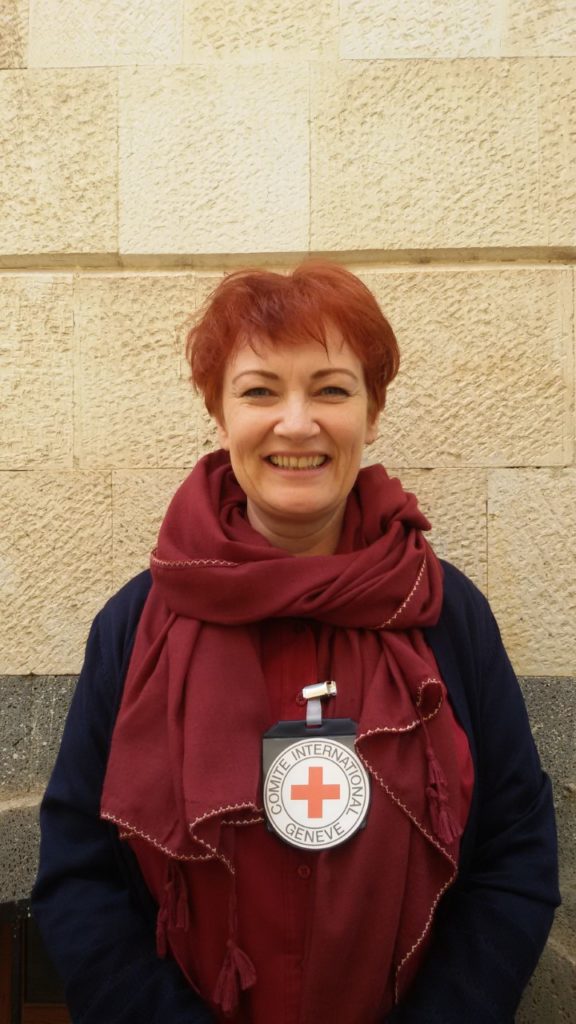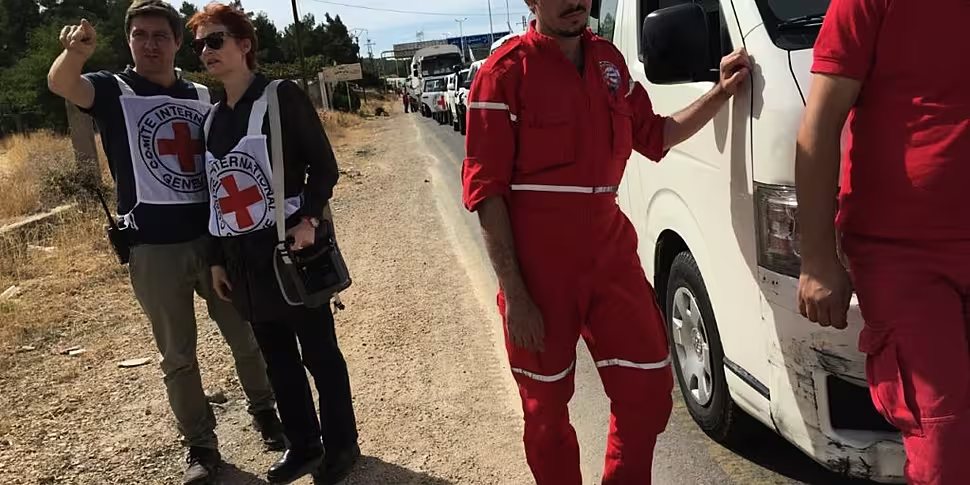An Irish woman working in Yemen says the coronavirus pandemic has added to "an already catastrophic situation".
Avril Patterson is health coordinator for the International Committee of the Red Cross (ICRC).
She told Pat Kenny: "In Yemen they've been facing conflict now for over five and a half years.
"The conflict of course has the direct impact that you imagine - with weapon-wounded and with damage to vital infrastructure and facilities.
"But then it also has many, many indirect consequences, not least of all a significant increase in poverty among the population.
"So pre-COVID, shall we say, 80% - 24.1 million people - needed assistance in some form or another from humanitarian organisations, which is massive."
"When we look at people with access to basic, basic healthcare - not fancy tertiary level hospitals - we are facing 19.7 million who don't have adequate access to basic healthcare.
"So when you add to that the damage to vital infrastructure - this is water, this is electricity, this is sanitation - all the things that we take for granted, and things that were highlighted even more significantly when we started to look at the impact of the pandemic, or the potential impact of the pandemic.
"In Ireland, you can tell people to wash their hands with soap and water.
"In Yemen, many of the population don't have soap, don't have water, struggle to feed themselves every day".
 Avril Patterson, health coordinator for the International Committee of the Red Cross (ICRC). Picture: Supplied
Avril Patterson, health coordinator for the International Committee of the Red Cross (ICRC). Picture: Supplied"A lot of the Yemenese today they're saying 'never mind COVID, I'm worried about feeding my family'.
"So they're still really at that level of trying to survive day-to-day, and it's just one additional nightmare honestly on top of an already catastrophic situation that is only getting worse".
She said any strict lockdown to contain the virus would not work.
"There hasn't been strict lockdown, occasional lockdowns in certain neighbourhoods, but overall this is not what's been put in place here by the authorities.
"If people don't go out, they don't eat.
"And I think the other thing with this whole virus... is it's largely invisible.
"So we know that people who don't have symptoms can transmit the virus.
"But if you're there with your family and if you don't go out, you don't feed your family.
"You don't care about some invisible virus because you've got your immediate needs that day".
She said while the ICRC is doing a lot - such as physical rehabilitation, water projects and food support - "we're not here to replace whoever is in charge, we're here to try to work with them.
"Whatever we do we hope leave behind something that is sustainable".
"If you throw a stone in Yemen, you find needs".
Yemen is the largest humanitarian crisis in the world, with more than 24 million people - some 80% of the population - in need of humanitarian assistance, including more than 12 million children.
With COVID-19 spreading rapidly, UNICEF says Yemen is facing "an emergency within an emergency."
It says sanitation and clean water are in short supply, only half of health facilities are functioning and many that remain operational lack basic equipment like masks and gloves - let alone oxygen and other essential supplies to treat the coronavirus.
Many health workers are receiving no salaries or incentives, and 10.2 million children do not have access to basic healthcare.
Meanwhile, economic shocks, conflict, floods, desert locusts and now COVID-19 are creating "a perfect storm" that could reverse hard-earned food security gains.
Before COVID-19, around two million children there were out of school.
Now schools have been closed around the country, leaving some 7.8 million children unable to access education.









